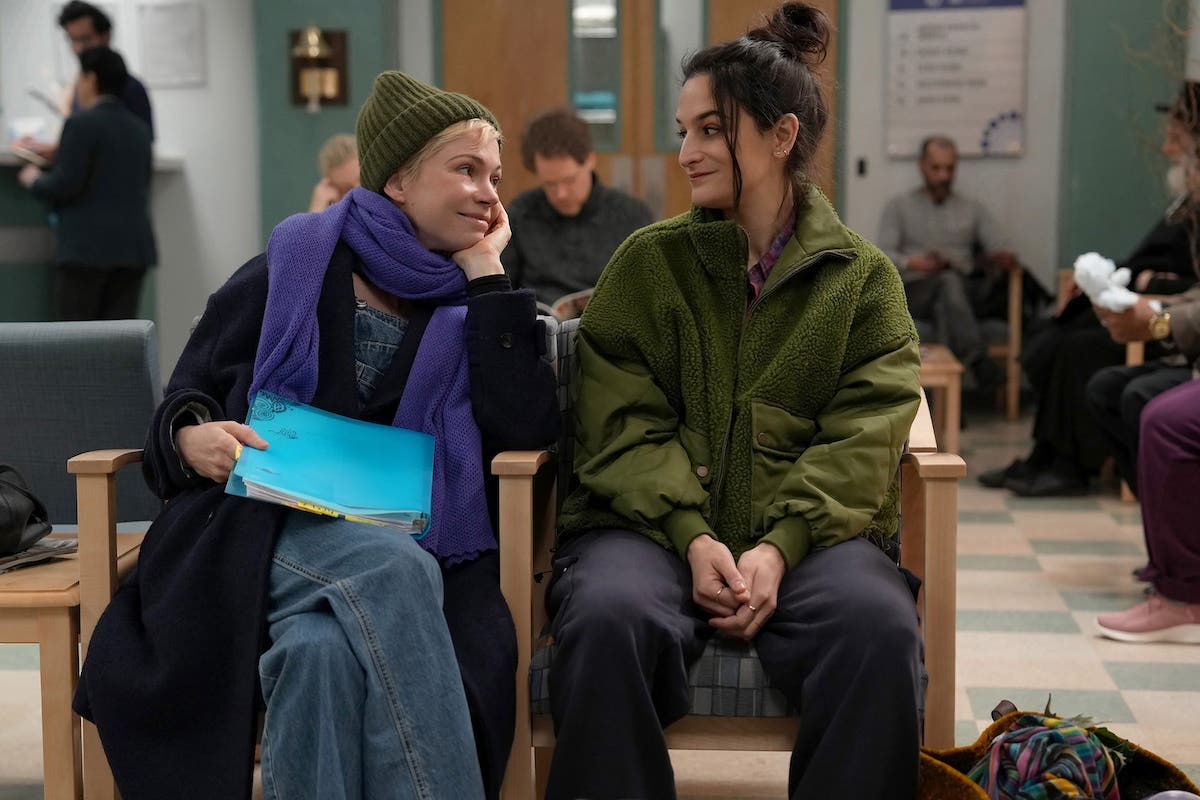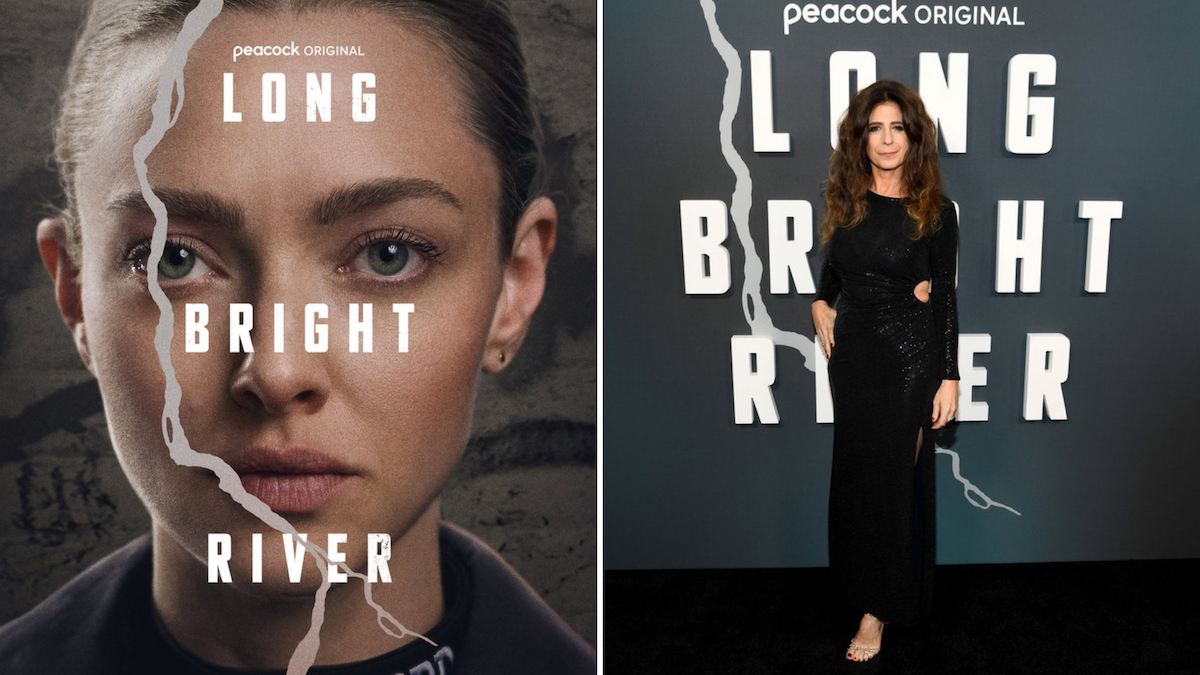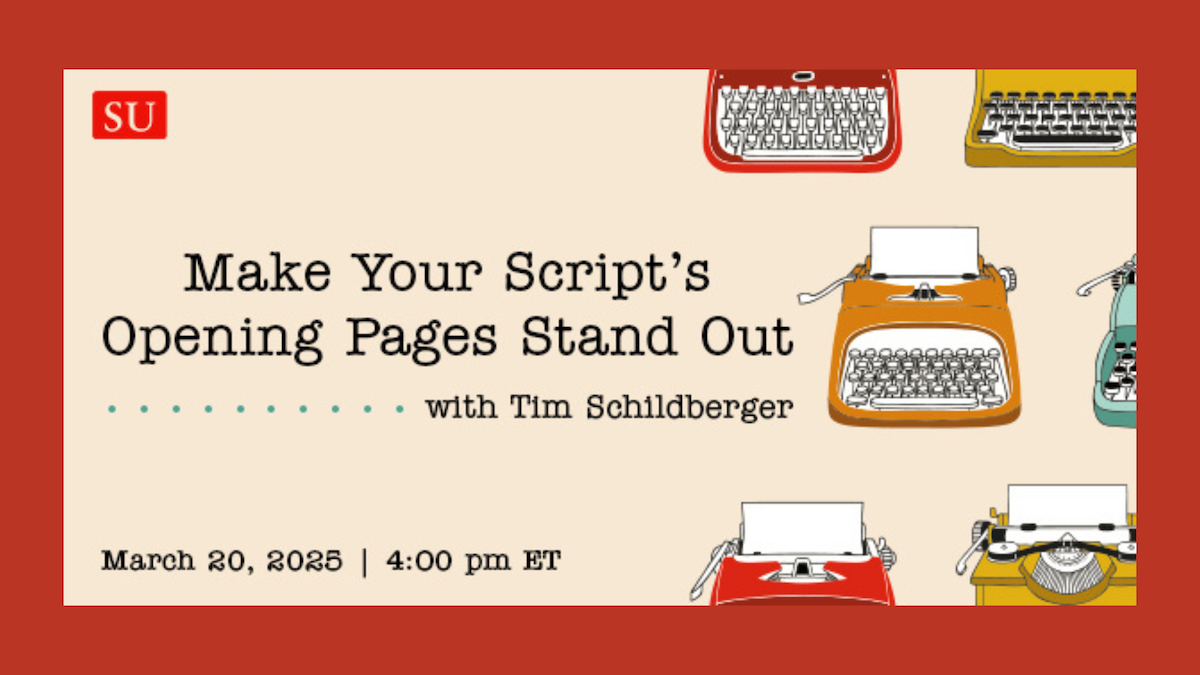Beat Sheets and Act Structure for Television Drama
Click to tweet this article to your friends and followers! As the tales of Don Draper, Walter White and Dexter Morgan come to an end and screenwriters everywhere struggle to…
As the tales of Don Draper, Walter White and Dexter Morgan come to an end and screenwriters everywhere struggle to create the next great TV protagonist, I have only one question.
Where are all of the “beat sheets” and structure “paradigms” for television drama?
There are approximately nine million books on feature film screenwriting (I counted) and as many structural templates; hell, I’ve written a few of them. But since I started my intensive study of television structure, I’ve been shocked to find no such paradigm exists for the one-hour drama. I’m not talking about formula, I’m talking about form – an overview of the most commonly found and crucial characteristics of the “tentpole” beats of the one-hour pilot, broken down into the popular four or five-act structure used by most of the top one-hour TV dramas.
It’s not like there’s a dearth of TV coverage out there -- every showrunner has a Twitter account, and every blogger who writes about TV can’t help but mention the phrase “Television’s New Golden Age” every other day. There’s just way too much analysis of television drama going on for there not to be a focused, simple-to-follow structural paradigm for one hour TV dramas!
I mean, seriously, why can’t I find a TV beat sheet that will help me to break down and better understand Game of Thrones, Downtown Abbey and The Good Wife?
Don’t get me wrong. There’s some great books on TV writing out there, but none that I can find that offer the kind of detailed, active, emotional roadmap that we find in the best screenwriting primers. You can criticize these paradigms all you want, but the fact is that they have helped countless writers to find their way into the screenplay form. They offer a glimpse into how professional writers structure their screenplays, and this analysis is irrefutable, in my opinion – just look at any cross-section of popular films, from Oscar contenders to indie hits to summer popcorn blockbusters, and you will see a very similar framework in use. Not formula. Form.
This is the subject matter I’ve been studying and writing about for many years, so when I turned my attention to analyzing the television drama, I was surprised to find a lack of information in this vein.
There was only one conclusion: I had to write my own one hour television beat sheet. It was time to get serious. So I chugged a pot of black coffee, did three sets of knuckle push-ups, sat down on the couch and picked up the remote. Yes, I have a tough job.
In studying some of the great shows on air today, especially the pilot episodes that launched these fantastic series, I’ve outlined a structural paradigm that you can use to better develop and plot an original pilot (a great pilot being the one thing you MUST have if you hope to launch a career in TV writing). I will be presenting it for the first time on Wednesday, September 11 in my webinar “Inside the TV Drama: Writing the Best Shows on Television,” presented by The Writers Store. I hope you’ll join me, and if you can’t make it for the live webinar, you can stream it later as long as you sign up in advance.
I believe that television is at a vital crossroads. More shows are being produced and shown on more platforms than ever, and many of the landmark series of recent years are coming to the end of their runs. It’s time for new worlds, characters, themes and dramatic devices to be introduced by new creative minds from outside the established system. We’ve had our fill of compelling antiheroes, and the ride has been fun. Their names are iconic: Tony Soprano, Don Draper, Walter White, Dexter Morgan, to name a few. But their time is rapidly passing.
Your time has just begun. So start that pilot, today, not tomorrow, because we need your voice on TV. But remember one thing...
Just as we know from writing movies, the same is true of television: You can only reinvent the form once you know the form. In this case, the classic structure of what I call the “Prestige” TV drama. Once you know the past, you can create the future.The next, great Golden Age of TV.
Daniel P. Calvisi is a screenplay consultant, screenwriter and former Story Analyst for major studios like Twentieth Century Fox and Miramax Films. He is the author of Story Maps: How to Write a GREAT Screenplay and co-creator of the Story Maps Screenwriting Podcast. Daniel has coached hundreds of private writers to better understand the principles of great screenwriting and to improve their craft on the written page. Daniel has been published in Script magazine and is also a contributor to Now Write! Screenwriting.
~~~~~~~~~~~~~~~~~~~~~~~~~~~~~~~~~
Inside the TV Drama: Writing the Best Shows on Television
Screenwriting Webinar from The Writers Store
REGISTER NOW
At a Glance:
- This live webinar is for writers planning their first pilot script or writers who want to go to the next level
- Analyze in detail the structure, dramatic elements and winning techniques of the top dramas on television today
- The tools and techniques of the best writers on television
ON SALE
REGISTER NOW
Daniel P. Calvisi is a Script Doctor, Writing Coach and the author of Story Maps: How to Write a GREAT Screenplay and Story Maps: TV DRAMA: The Structure of the One-Hour Television Pilot. As a screenwriter, his three most recent writing assignments were on a feature thriller, a one-hour drama pilot and a horror short film. Daniel is a former Story Analyst for major studios like Twentieth Century Fox, Miramax Films and New Line Cinema. He coaches writers, teaches webinars on writing for film and television and speaks at writing conferences. Many of his clients have worked with the top networks, streamers and studios in the industry, such as Netflix, Max, HBO, Amazon, Disney, Hulu, Sony, Warner Brothers, ABC, Showtime and Apple TV+ and one of his coaching clients has even won an Oscar. He has been endorsed by Script Magazine and featured on Indie Film Hustle, Film Courage and L.A. Screenwriter. He holds a degree in Film and Television from New York University. He lives in Los Angeles and can be found at www.actfourscreenplays.com.







